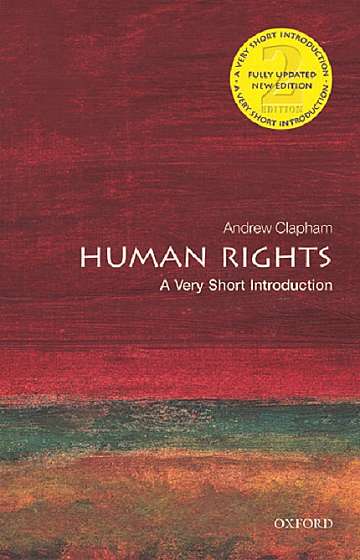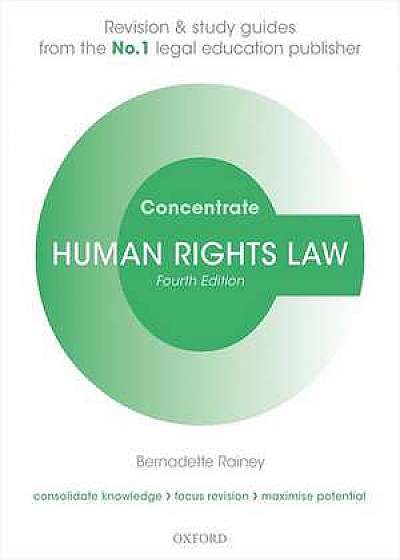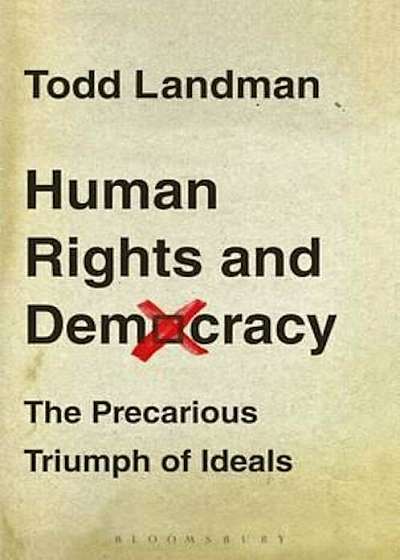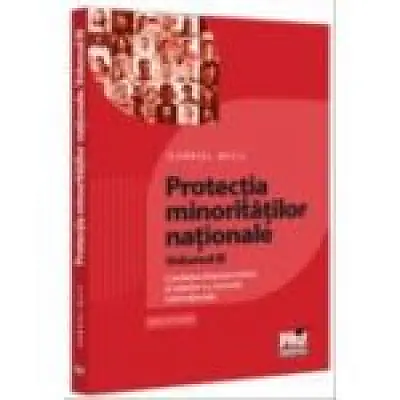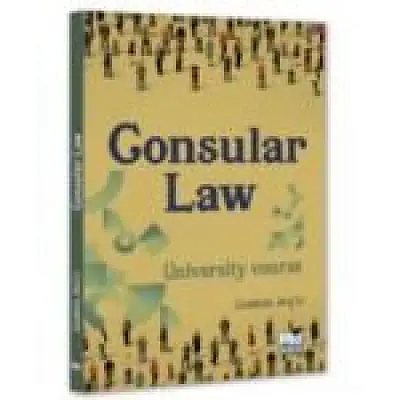
Human Rights
Descriere
Human rights essentially represent an array of norms meant to ensure recognition of human dignity and to guarantee that such dignity is respected. This preoccupation has prevailed throughout history, despite its different forms and degrees of importance. In order to understand how this preoccupation for human dignity was turned into a legal institution, we should take into account the analysis of humanist ideas promoting people’s freedom and equality ever since the dawn of time. To that effect, in order to accurately understand the legal underlying significance of the human rights institution we need to understand the philosophical meaning of these rights, which represent the moral and political essence of all the regulations drafted in this field. Longing for freedom has been a common trait in human history, and there has always been a preoccupation to define man’s place in society, ever since man asserted himself as an intelligent being.
Moral concepts have been expressed in writing since ancient Greece, in Plato’s works, in which the idea of justice is found both in the individual, as well as in the way society is organised, based on four main virtues: wisdom, courage, moderation and justice. The famous dictum Man is the measure of all things also dates back to Ancient times, thus turning man into the reference to which all natural and social phenomena relate.
Ancient Rome contributed significantly to the way in which human rights were transformed into a legal institution. The Roman jurist Ulpian, transposed the great humanist ideas into legal concepts, advocating that the principles of law must refer to leading an honest life, to giving one what is rightfully his and not interfering with someone else’s property. The core of today’s political rights can also be traced back to the Ancient times, when a comprehensive vision about man was created, which included the recognition of man’s dignity and the legal behavioural norms meant to protect it, together with the very concept of homo politicus. This phrase acknowledged the fact that all human beings had the unconditional right to take part in city life.

